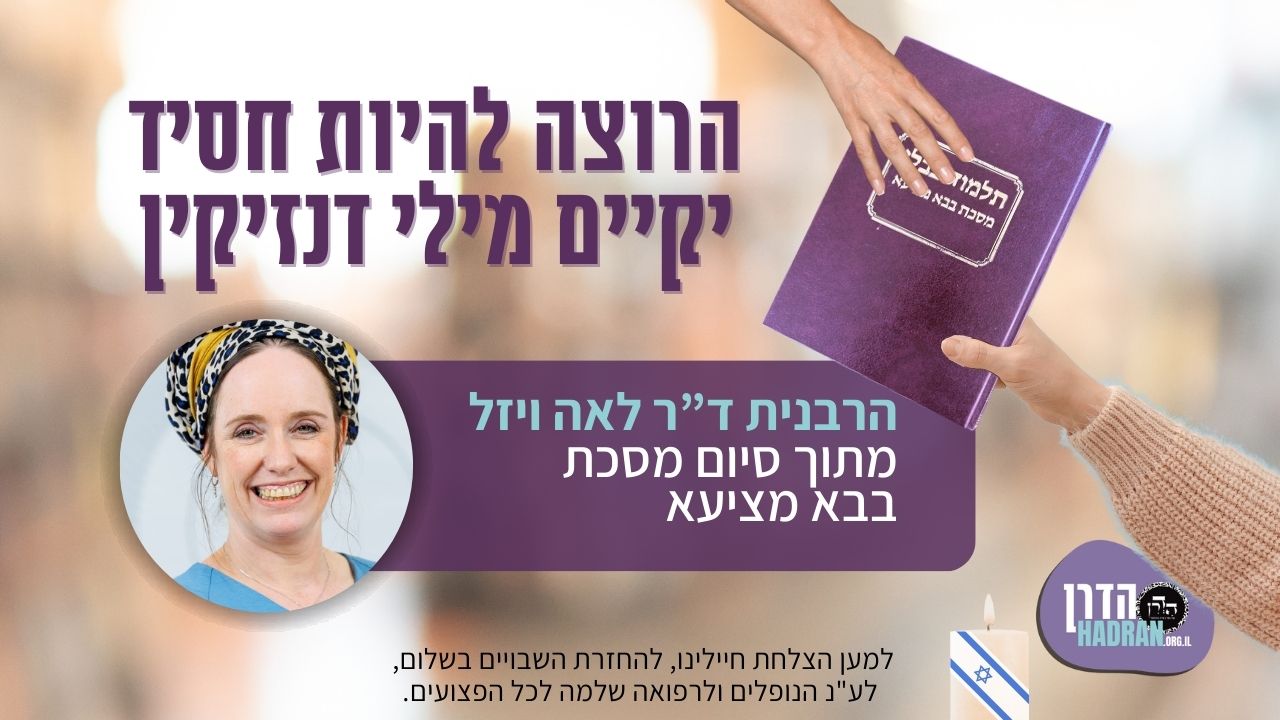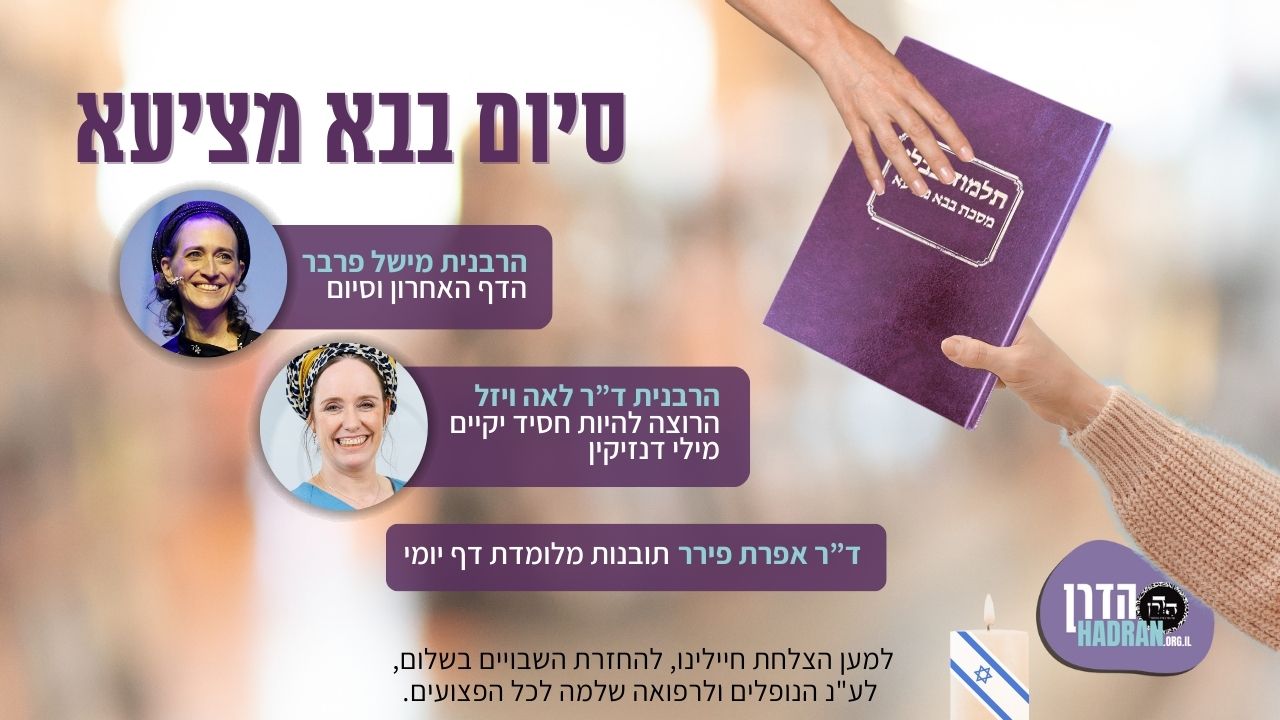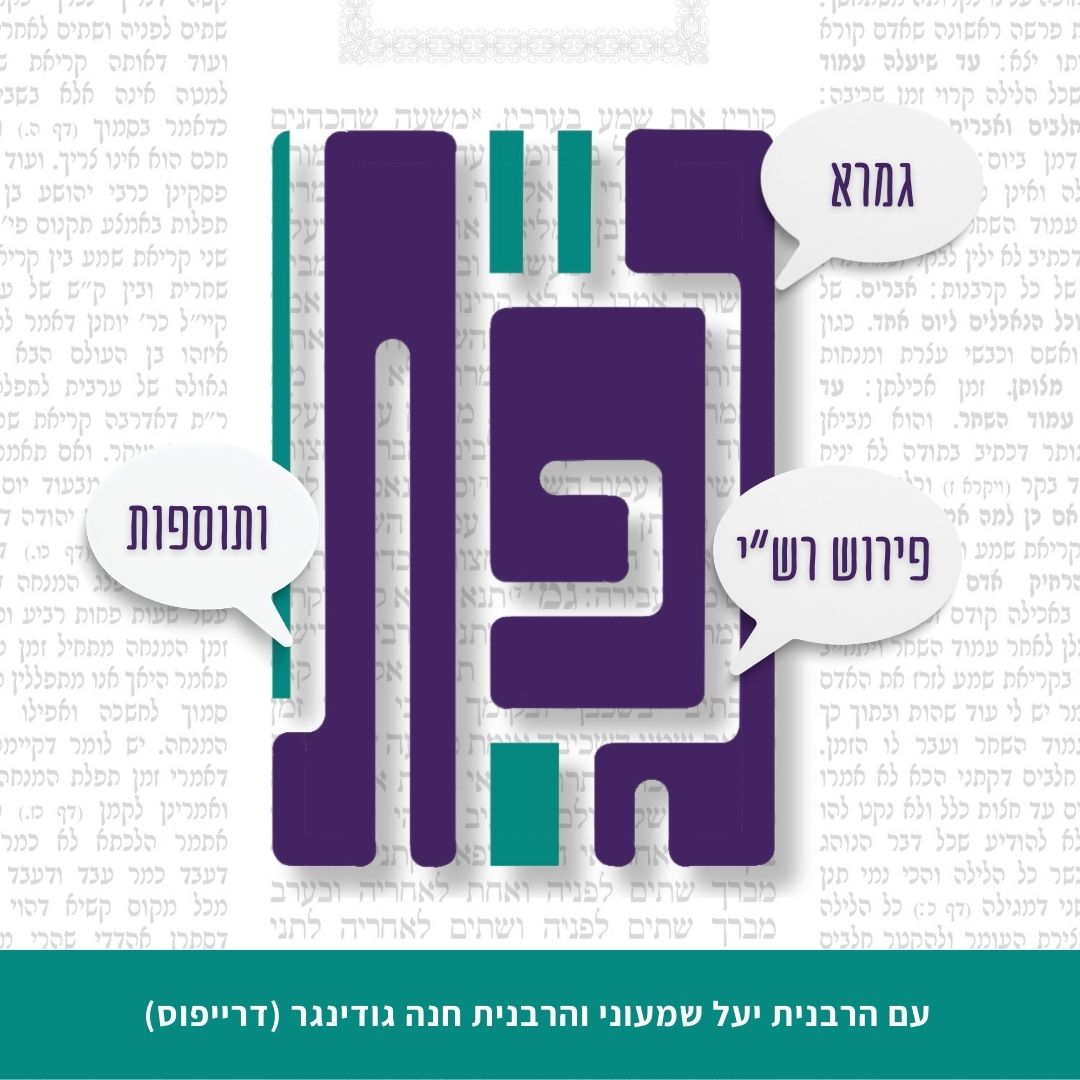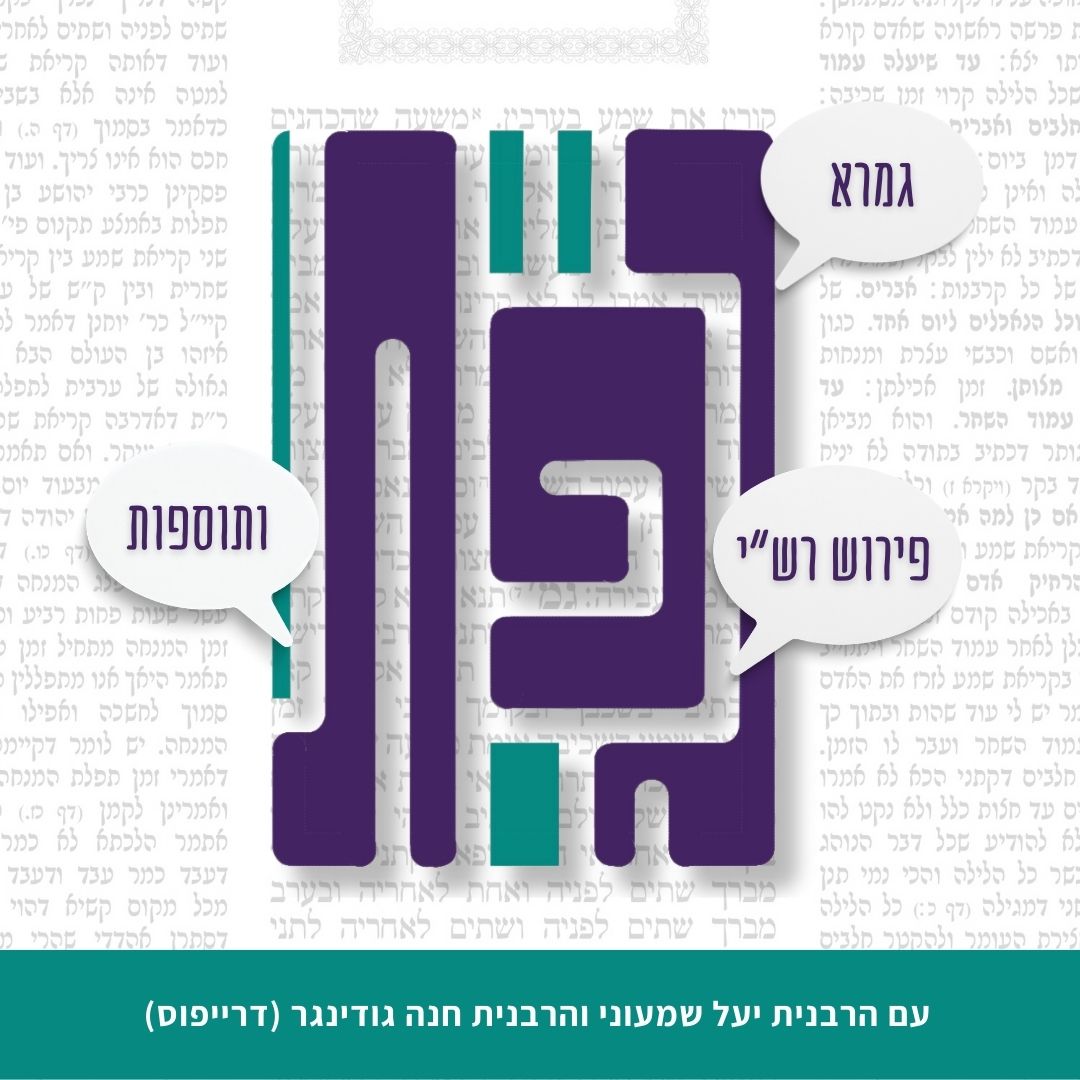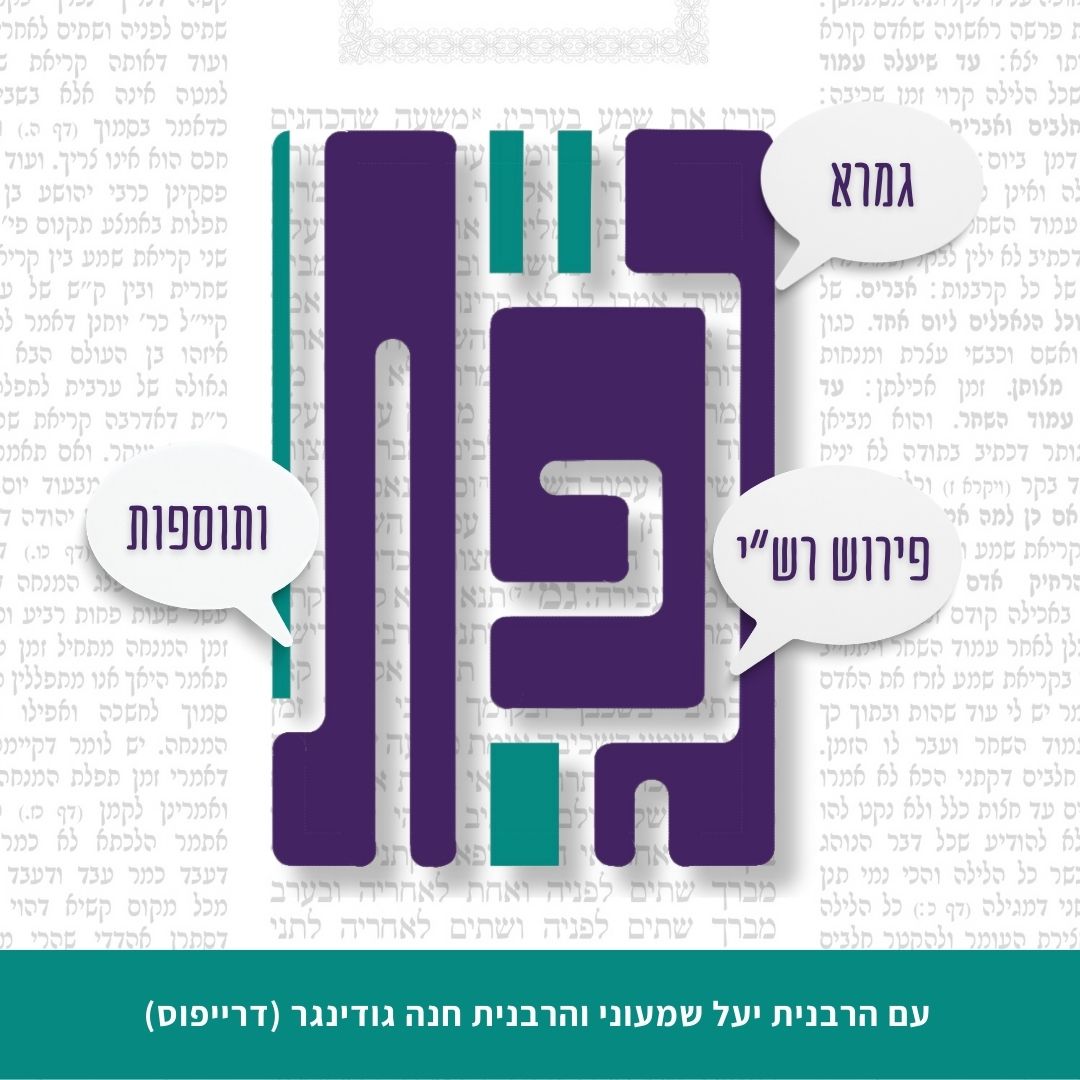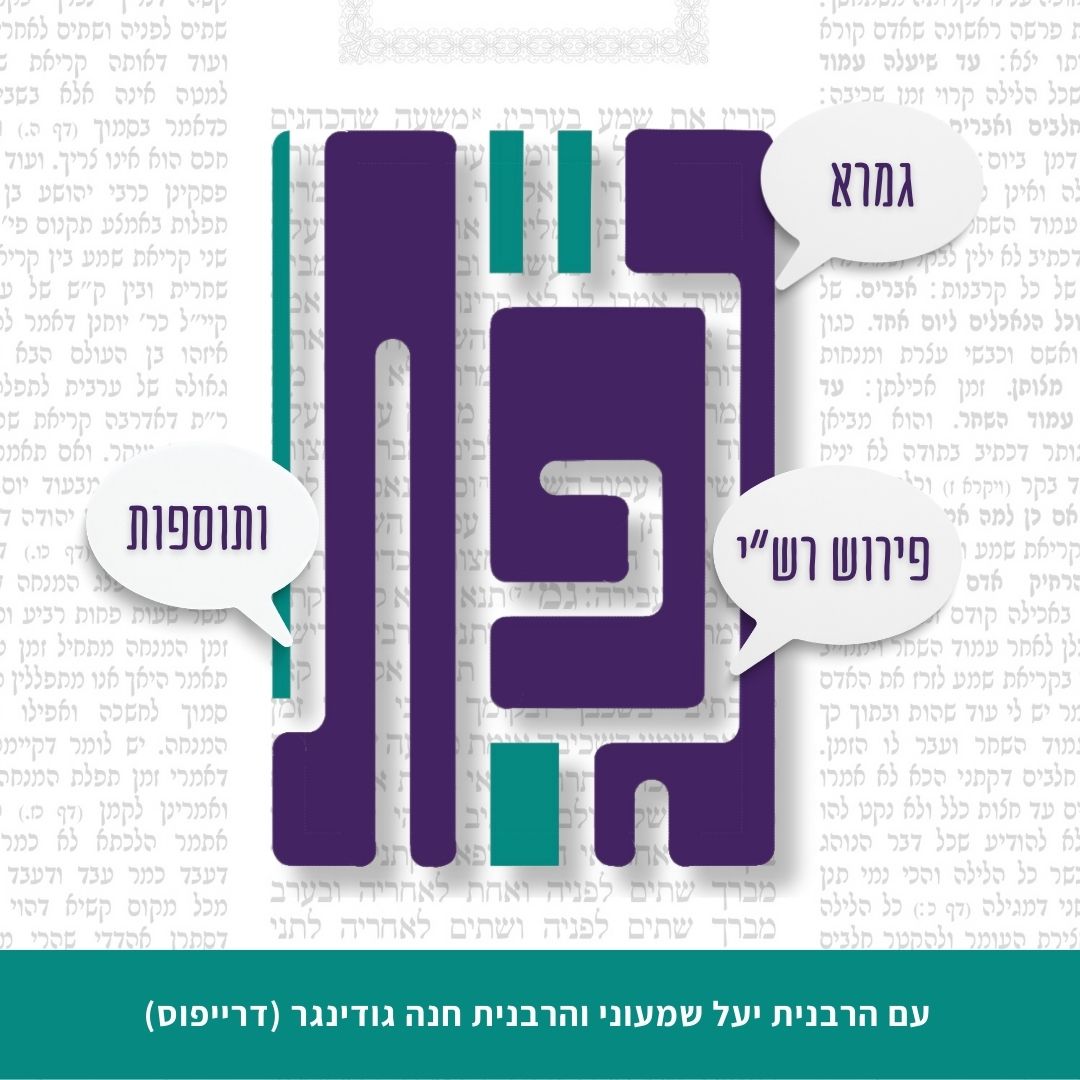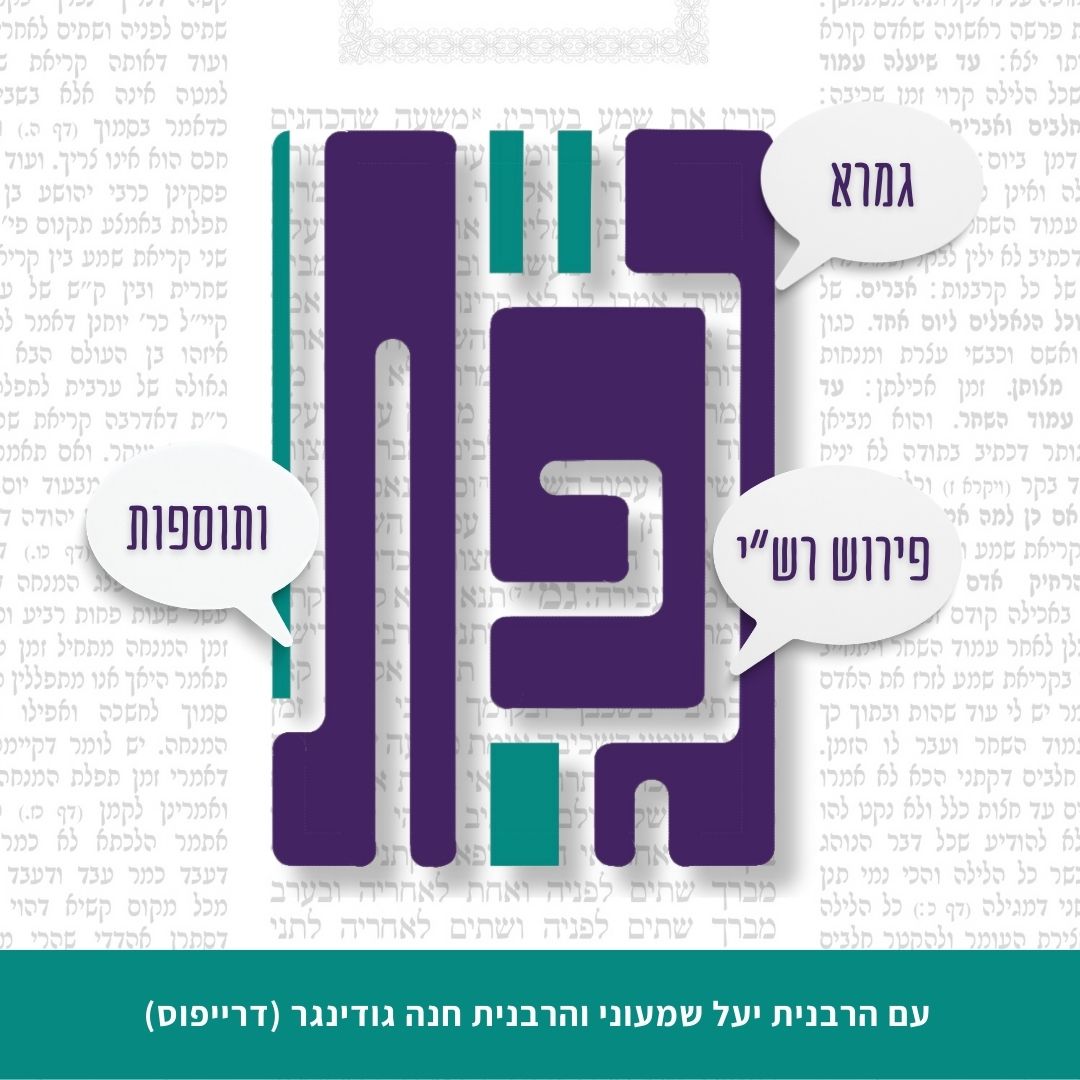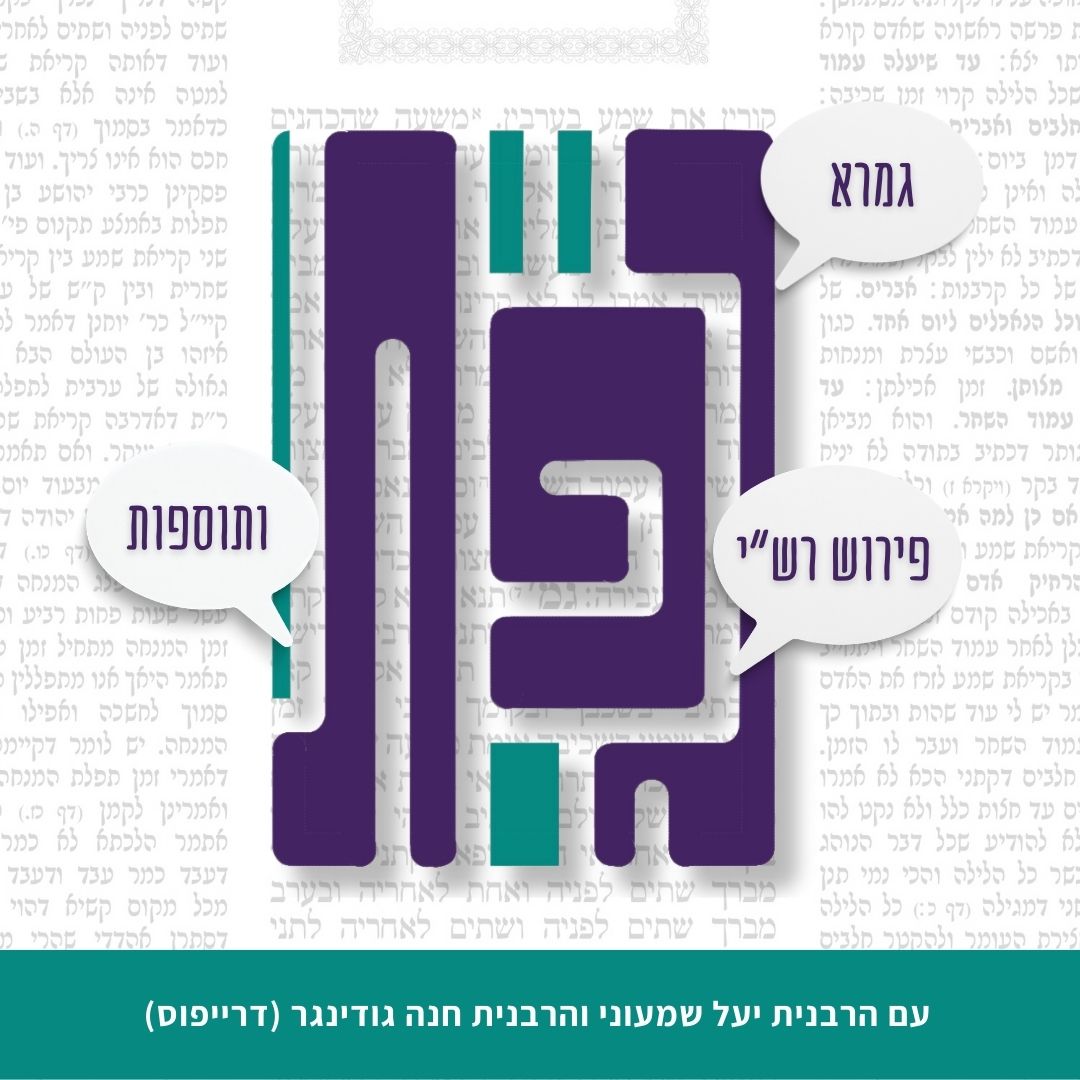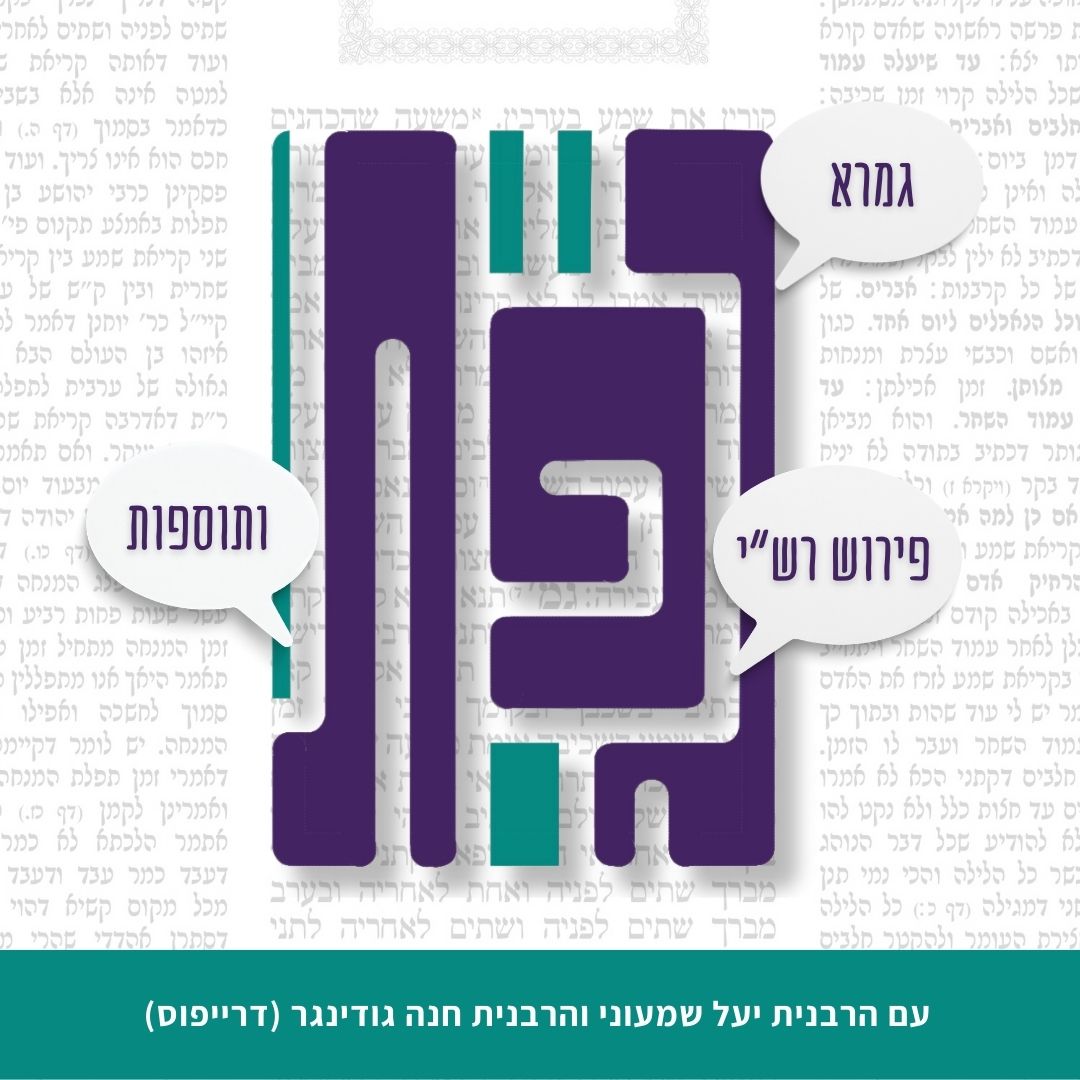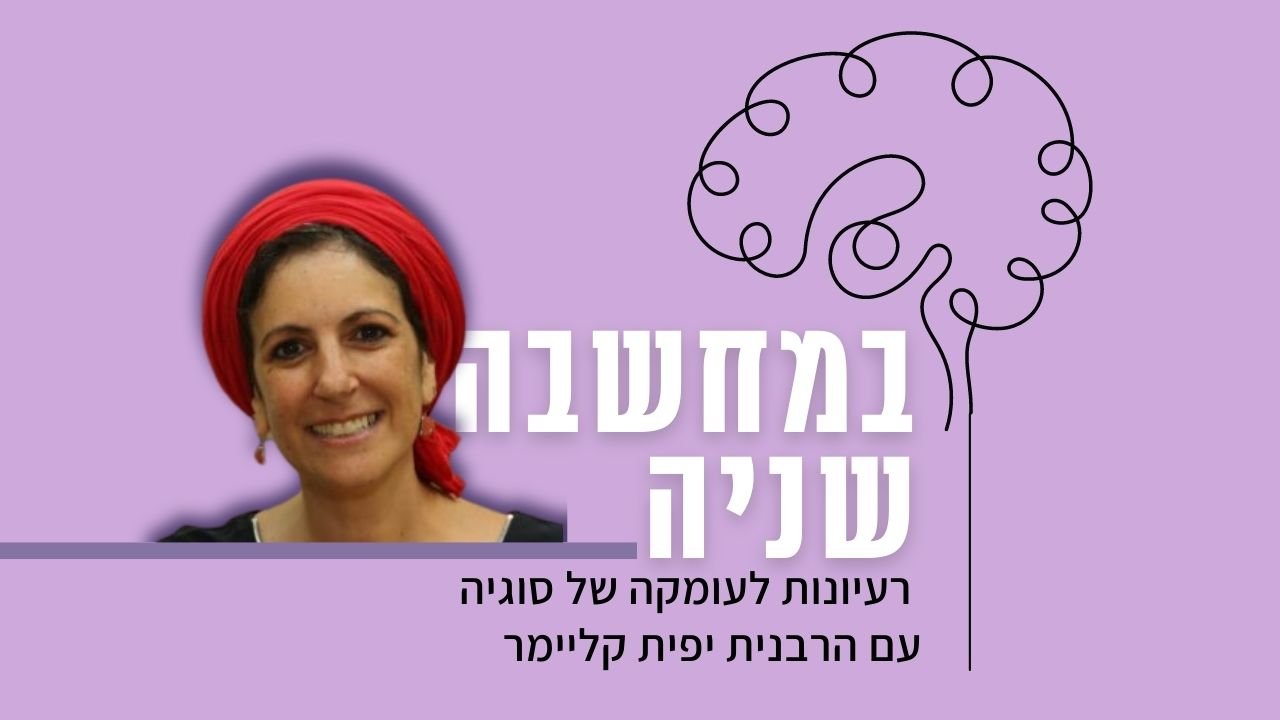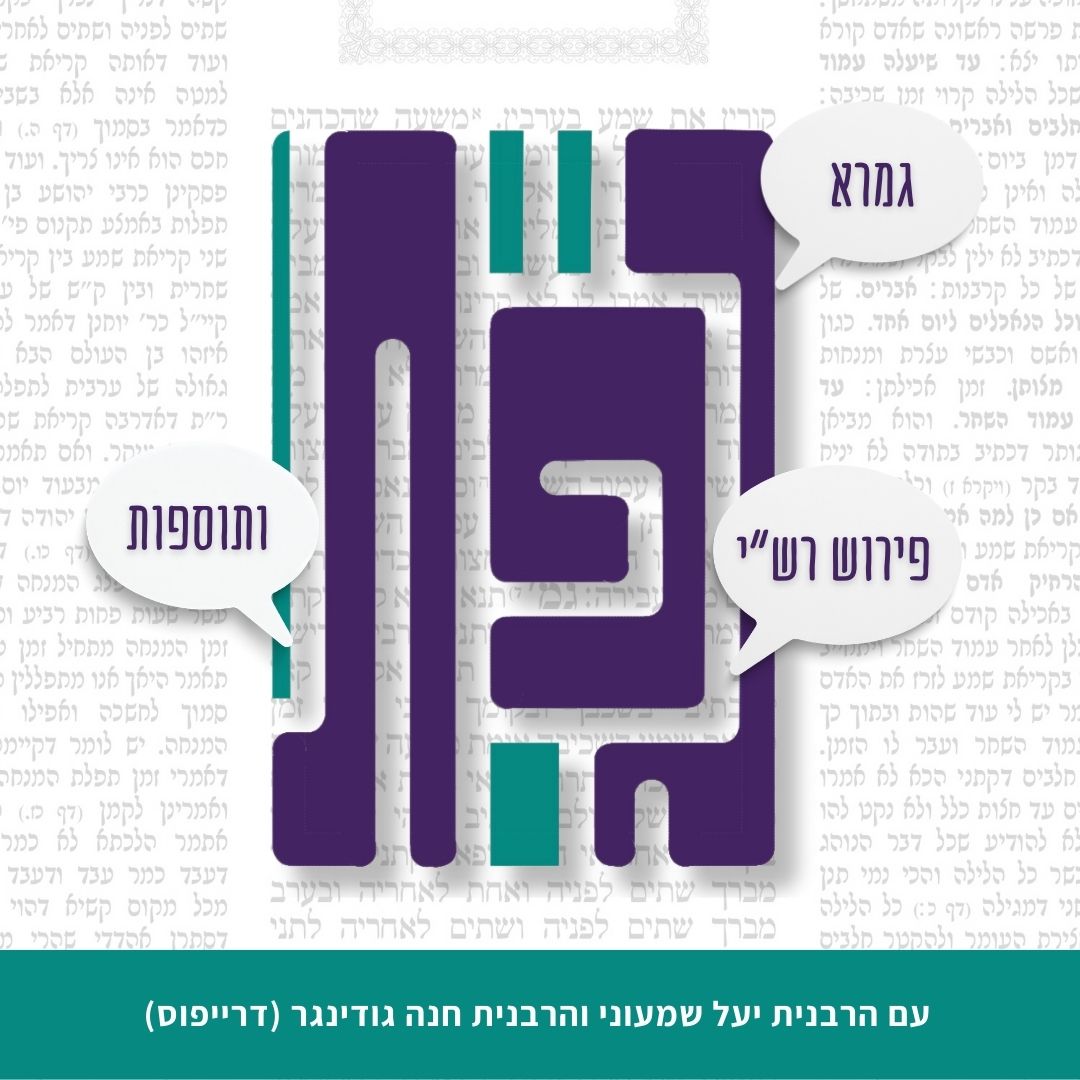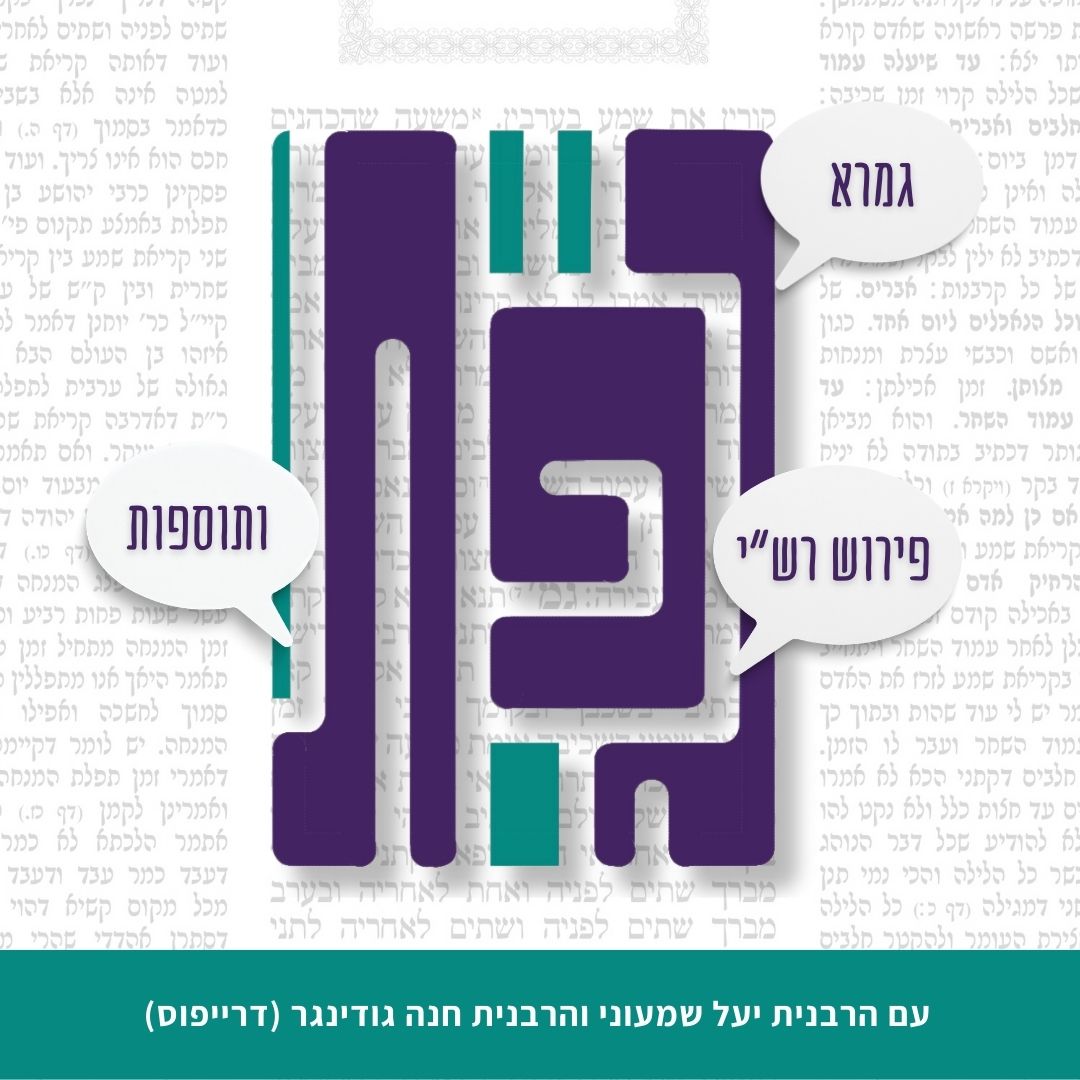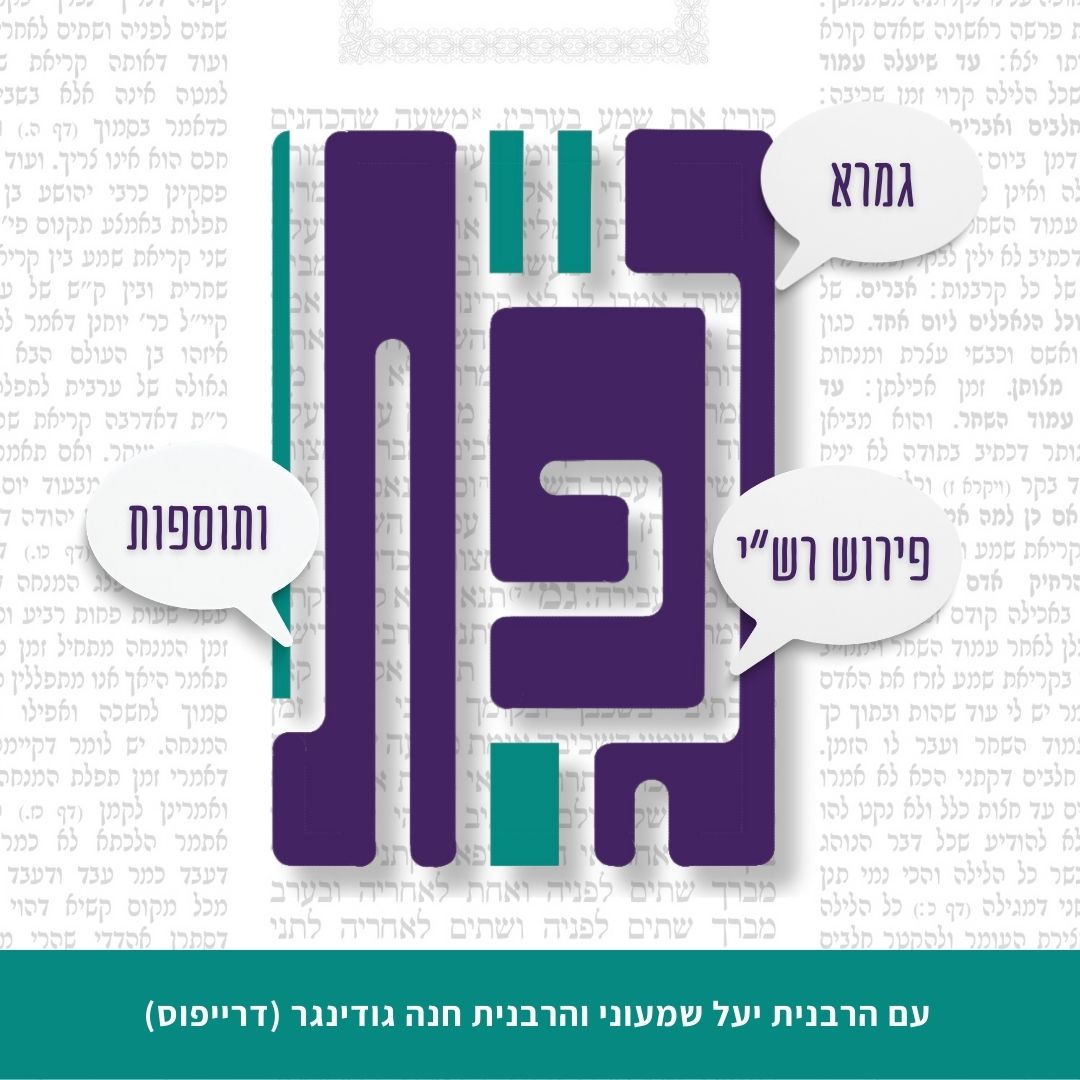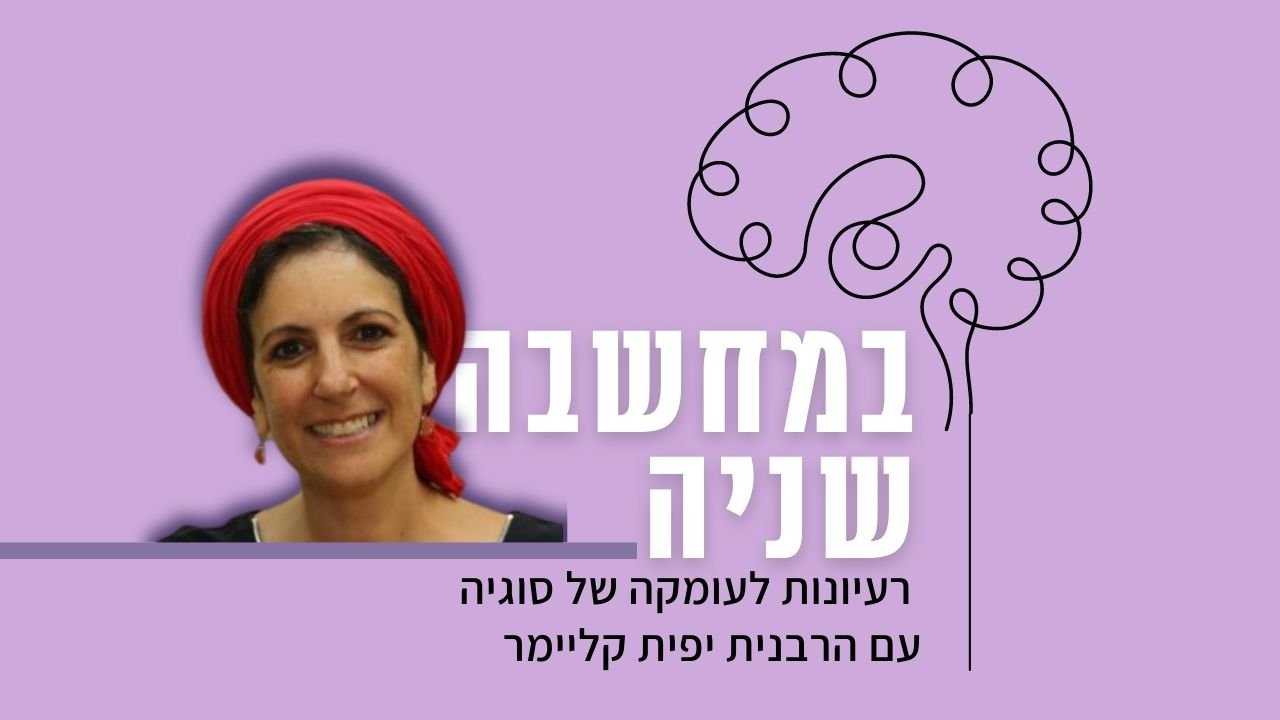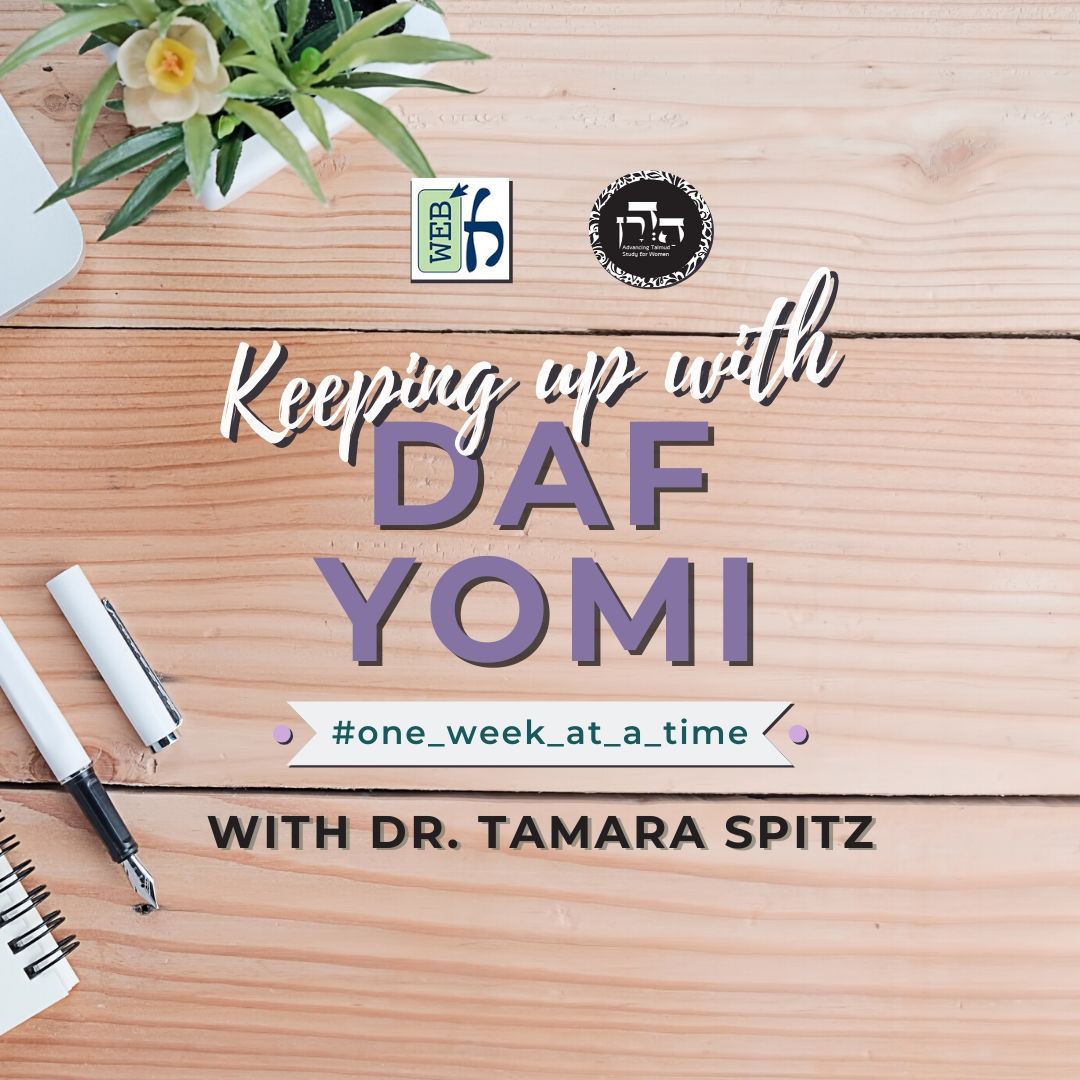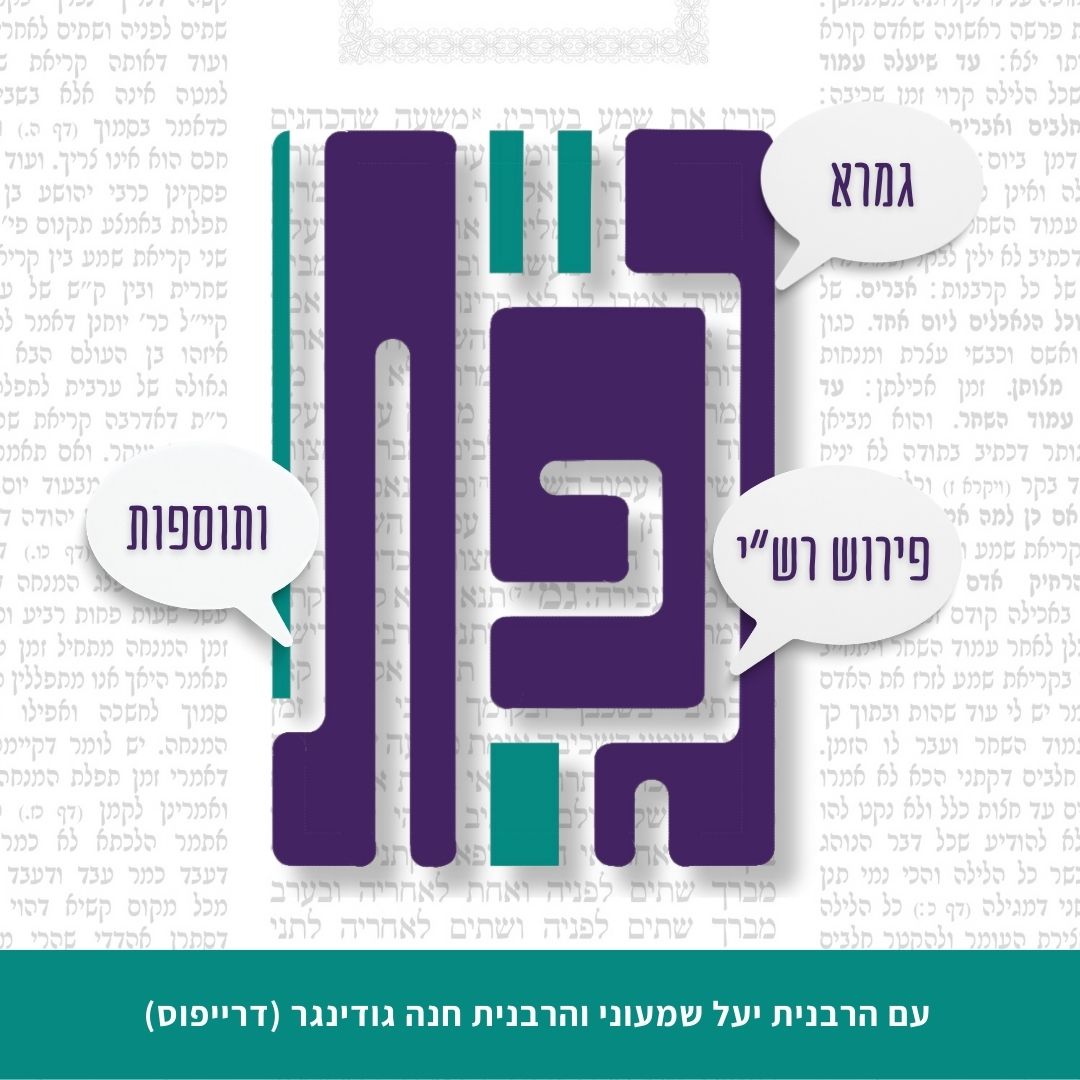בבא מציעא נ
שָׁוֶה שֵׁשׁ בְּחָמֵשׁ, מִי נִתְאַנָּה – מוֹכֵר, יָד מוֹכֵר עַל הָעֶלְיוֹנָה. רָצָה אוֹמֵר לוֹ: ״תֵּן לִי מִקָּחִי״, אוֹ ״תֵּן לִי מַה שֶּׁאוֹנֵיתַנִי״.
an item worth six ma’a for five ma’a, who was exploited? It is the seller. Therefore, the seller is at an advantage. If he wishes, he can say to the buyer: Give me back my merchandise and nullify the transaction, or he can say: Give me back the sum which you received by engaging in exploitation of me.
אִיבַּעְיָא לְהוּ: פָּחוֹת מִשְּׁתוּת לְרַבָּנַן, לְאַלְתַּר הָוְיָא מְחִילָה, אוֹ בִּכְדֵי שֶׁיַּרְאֶה לַתַּגָּר אוֹ לִקְרוֹבוֹ? וְאִם תִּמְצֵי לוֹמַר בִּכְדֵי שֶׁיַּרְאֶה לַתַּגָּר אוֹ לִקְרוֹבוֹ, מַאי אִיכָּא בֵּין שְׁתוּת לְפָחוֹת מִשְּׁתוּת?
§ A dilemma was raised before the Sages: According to the opinion of the Rabbis that one has only until a period of time has passed that would allow him to show the merchandise to a merchant or to his relative in order to claim that he has been exploited, in a case where the disparity between the value of the purchase item and the price paid is less than one-sixth, is there a waiver of the discrepancy and therefore the transaction is finalized immediately, or in this case as well, is the transaction finalized only after the time that it takes the buyer to show the merchandise to a merchant or to his relative? And in addition, if you say that the transaction is finalized only after the time that it takes to show the merchandise to a merchant or to his relative, what difference is there between a disparity of one-sixth and a disparity of less than one-sixth?
אִיכָּא דְּאִלּוּ שְׁתוּת – יָדוֹ עַל הָעֶלְיוֹנָה, רָצָה – חוֹזֵר, רָצָה – קוֹנֶה וּמַחֲזִיר אוֹנָאָה. וְאִילּוּ פָּחוֹת מִשְּׁתוּת – קָנָה, וּמַחְזִיר אוֹנָאָה.
The Gemara answers: There is a difference, as in the case of a disparity of one-sixth, the one who was exploited has the advantage, since if he wishes, he reneges on the transaction, and if he wishes, the buyer acquires the purchase item, and the one who perpetrated the exploitation returns the sum gained through his exploiting the other, while in the case of a disparity of less than one-sixth, the buyer acquires the purchase item, and the one who perpetrated the exploitation returns the sum gained through his exploiting the other, but there is no option of nullifying the transaction.
מַאי? תָּא שְׁמַע: חָזְרוּ לְדִבְרֵי חֲכָמִים.
The Gemara returns to the dilemma: At what point in time is a disparity of less than one-sixth between the value of the purchase item and the price paid waived? The Gemara suggests: Come and hear a resolution of the dilemma from the mishna: Rabbi Tarfon said to them: Throughout the entire day it is permitted to renege on the transaction and not merely for the period of time it takes to show the purchase item to a merchant or a relative. The merchants of Lod said to him: Let Rabbi Tarfon leave us as we were, with the previous ruling. They reverted to following the statement of the Rabbis.
סַבְרוּהָ פָּחוֹת מִשְּׁלִישׁ לְרַבִּי טַרְפוֹן כְּפָחוֹת מִשְּׁתוּת לְרַבָּנַן דָּמֵי. אִי אָמְרַתְּ בִּשְׁלָמָא פָּחוֹת מִשְּׁתוּת לְרַבָּנַן בִּכְדֵי שֶׁיַּרְאֶה לַתַּגָּר אוֹ לִקְרוֹבוֹ, וּלְרַבִּי טַרְפוֹן כׇּל הַיּוֹם – מִשּׁוּם הָכִי חָזְרוּ. אֶלָּא אִי אָמְרַתְּ פָּחוֹת מִשְּׁתוּת לְרַבָּנַן – לְאַלְתַּר הָוְיָא מְחִילָה,
The Gemara explains the proof. The Sages assumed that the legal status of a disparity of less than one-third according to the opinion of Rabbi Tarfon, who holds that one-third is the determinative disparity, is like a disparity of less than one-sixth according to the opinion of the Rabbis, who hold that one-sixth is the determinative disparity. Granted, if you say that in the case of a disparity of less than one-sixth according to the Rabbis the buyer can claim exploitation only in the time that it takes him to show the merchandise to a merchant or to his relative, and according to Rabbi Tarfon the transaction is finalized only after the entire day has passed, it is due to that reason that the merchants of Lod reverted to following the statement of the Rabbis, as there was some benefit to them in following the opinion of the Rabbis. But if you say that in the case of a disparity of less than one-sixth according to the Rabbis the waiver is in effect and the transaction is finalized immediately,
וּלְרַבִּי טַרְפוֹן נָמֵי לְאַלְתַּר הָוְיָא מְחִילָה, אַמַּאי חָזְרוּ? בִּדְרַבִּי טַרְפוֹן נִיחָא לְהוּ טְפֵי, דְּמַאי דְּרַבָּנַן קָא מְשַׁוֵּי לְהוּ אוֹנָאָה לְרַבִּי טַרְפוֹן הָוְיָא מְחִילָה?
and according to Rabbi Tarfon too, there is a waiver of the disparity of less than one-third and the transaction is finalized immediately, why did they revert to following the statement of the Rabbis? In that case, the ruling of Rabbi Tarfon would be preferable for them, as that which the Rabbis deem exploitation, i.e., a discrepancy of one-sixth, is waived according to Rabbi Tarfon.
מִי סָבְרַתְּ פָּחוֹת מִשְּׁלִישׁ לְרַבִּי טַרְפוֹן כְּפָחוֹת מִשְּׁתוּת לְרַבָּנַן דָּמֵי? לָא, מִשְּׁתוּת וְעַד שְׁלִישׁ לְרַבִּי טַרְפוֹן כִּשְׁתוּת עַצְמָהּ לְרַבָּנַן דָּמֵי. אִי הָכִי, בְּמַאי שָׂמְחוּ מֵעִיקָּרָא?
The Gemara rejects this proof: Do you maintain that the legal status of a disparity of less than one-third according to the opinion of Rabbi Tarfon is like the legal status of a disparity of less than one-sixth according to the opinion of the Rabbis? No, the legal status of a disparity ranging from one-sixth until one-third according to the opinion of Rabbi Tarfon is like the legal status of a disparity of one-sixth itself according to the opinion of the Rabbis, and the exploited party receives the sum of the exploitation in return. The Gemara asks: If so, for what reason did the merchants of Lod rejoice initially? They gained nothing relative to the ruling of the Rabbis.
תִּפְשׁוֹט דְּבִטּוּל מִקָּח לְרַבָּנַן לְעוֹלָם חוֹזֵר, דְּכֵיוָן דַּאֲמַר לְהוּ רַבִּי טַרְפוֹן הָוְיָא אוֹנָאָה – שָׂמְחוּ, כִּי אֲמַר לְהוּ כׇּל הַיּוֹם – חָזְרוּ.
Resolve, based on this difficulty, the dilemma raised below, and conclude that in cases of nullification of the transaction according to the Rabbis, one may always renege on the transaction. Therefore, the reaction of the merchants of Lod is understandable, as, since Rabbi Tarfon said to them that a disparity between one-sixth and one-third is merely exploitation, they rejoiced, as this would mean that the buyer has only the time it takes to show the merchandise to a merchant or a relative to renege. When he said to them that the exploited person can renege on the transaction for the entire day, they reverted to following the statement of the Rabbis.
דְּאִי סָלְקָא דַעְתָּךְ דְּבִטּוּל מִקָּח לְרַבָּנַן בִּכְדֵי שֶׁיַּרְאֶה לַתַּגָּר אוֹ לִקְרוֹבוֹ, בְּמַאי שָׂמְחוּ? שָׂמְחוּ בְּשֶׁתּוּת עַצְמָהּ, דִּלְרַבִּי טַרְפוֹן מְחִילָה, וּלְרַבָּנַן אוֹנָאָה.
The Gemara explains why the dilemma is resolved: As, if it enters your mind to say that nullification of the transaction according to the Rabbis is limited to only within the time that it takes for the buyer to show the merchandise to a merchant or to his relative, for what reason did they rejoice over the ruling of Rabbi Tarfon? His ruling did not enable them to sell the merchandise at a higher price than the ruling of the Rabbis did. The Gemara rejects this proof: They initially rejoiced over the case of a disparity of one-sixth itself, as according to Rabbi Tarfon there is a waiver of the disparity, and according to the Rabbis it is exploitation.
אִיבַּעְיָא לְהוּ: בִּטּוּל מִקָּח לְרַבָּנַן, לְעוֹלָם חוֹזֵר, אוֹ דִלְמָא בִּכְדֵי שֶׁיַּרְאֶה לַתַּגָּר אוֹ לִקְרוֹבוֹ? וְאִם תִּמְצָא לוֹמַר בִּכְדֵי שֶׁיַּרְאֶה לַתַּגָּר אוֹ לִקְרוֹבוֹ, מָה אִיכָּא בֵּין שְׁתוּת לְיָתֵר עַל שְׁתוּת? אִיכָּא: דְּאִילּוּ שְׁתוּת – מִי שֶׁנִּתְאַנָּה חוֹזֵר, וְאִילּוּ יָתֵר עַל שְׁתוּת – שְׁנֵיהֶם חוֹזְרִים.
§ The Gemara cites the dilemma referenced above. A dilemma was raised before the Sages: With regard to nullification of the transaction according to the Rabbis, may one always renege on the transaction? Or perhaps he can renege only within the time that it takes him to show the merchandise to a merchant or to his relative. And if you say that the transaction is nullified only within the time that it takes him to show the merchandise to a merchant or to his relative, what difference is there between a disparity of one-sixth and a disparity of greater than one-sixth? The Gemara answers: There is a difference, as in the case of a disparity of one-sixth, only the one who was exploited can renege on the transaction, while in the case where the disparity is greater than one-sixth, both can renege on the transaction.
מַאי? תָּא שְׁמַע, חָזְרוּ לְדִבְרֵי חֲכָמִים. אִי אָמְרַתְּ בִּשְׁלָמָא בִּטּוּל מִקָּח לְרַבָּנַן בִּכְדֵי שֶׁיַּרְאֶה לַתַּגָּר אוֹ לִקְרוֹבוֹ, וּלְרַבִּי טַרְפוֹן כׇּל הַיּוֹם – מִשּׁוּם הָכִי חָזְרוּ. אֶלָּא אִי אָמְרַתְּ בִּטּוּל מִקָּח לְרַבָּנַן לְעוֹלָם חוֹזֵר, אַמַּאי חָזְרוּ? בִּדְרַבִּי טַרְפוֹן נִיחָא לְהוּ טְפֵי, דְּקָא מְשַׁוֵּי לְהוּ אוֹנָאָה כׇּל הַיּוֹם וְתוּ לָא!
The Gemara returns to discuss the dilemma: What is the halakha? The Gemara suggests: Come and hear a resolution of the dilemma from the mishna: The merchants of Lod reverted to following the statement of the Rabbis. Granted, if you say that one can claim nullification of the transaction according to the Rabbis only within the time that it takes the buyer to show the merchandise to a merchant or to his relative, and according to Rabbi Tarfon one can do so for the entire day, it is due to that reason that they reverted to following the statement of the Rabbis. But if you say that one can claim nullification of the transaction according to the Rabbis and always renege on the transaction, why did they revert to following the statement of the Rabbis? In that case, the ruling of Rabbi Tarfon is preferable for them, as he deems such a disparity exploitation and rules that one can claim nullification of the transaction for the entire day and no more, which is more beneficial to the merchant.
בִּטּוּל מִקָּח לָא שְׁכִיחַ.
The Gemara answers: Nullification of the transaction is uncommon, and therefore the merchants of Lod did not take that into consideration when calculating which ruling was most advantageous.
אָמַר רָבָא, הִלְכְתָא: פָּחוֹת מִשְּׁתוּת – נִקְנֶה מִקָּח, יוֹתֵר עַל שְׁתוּת – בִּיטּוּל מִקָּח, שְׁתוּת – קָנָה וּמַחְזִיר אוֹנָאָה, וְזֶה וָזֶה – בִּכְדֵי שֶׁיַּרְאֶה לַתַּגָּר אוֹ לִקְרוֹבוֹ.
The Gemara cites the halakhic resolutions of these dilemmas. Rava said: The halakha is that if the disparity is less than one-sixth, the merchandise is acquired immediately. If the disparity is greater than one-sixth, either party can demand nullification of the transaction. If the disparity is precisely one-sixth, the buyer has acquired the merchandise, and the one who benefited from the exploitation returns the sum gained by the exploitation. And one may claim both this, nullification of the transaction, and that, return of the sum gained, only within the time that it takes to show the merchandise to a merchant or to his relative.
תַּנְיָא כְּווֹתֵיהּ דְּרָבָא: אוֹנָאָה פָּחוֹת מִשְּׁתוּת – נִקְנֶה מִקָּח. יָתֵר עַל שְׁתוּת – בָּטֵל מִקָּח. שְׁתוּת – קָנָה וּמַחְזִיר אוֹנָאָה, דִּבְרֵי רַבִּי נָתָן. רַבִּי יְהוּדָה הַנָּשִׂיא אוֹמֵר: יָד מוֹכֵר עַל הָעֶלְיוֹנָה, רוֹצֶה – אוֹמֵר לוֹ: ״תֵּן לִי מִקָּחִי״, אוֹ ״תֵּן לִי מַה שֶּׁאֹנֵיתַנִי״. וְזֶה וָזֶה בִּכְדֵי שֶׁיַּרְאֶה לַתַּגָּר אוֹ לִקְרוֹבוֹ.
The Gemara comments: It is taught in a baraita in accordance with the opinion of Rava: In cases of exploitation, if the disparity is less than one-sixth, the merchandise is acquired immediately. If the disparity is greater than one-sixth, the transaction is nullified. If the disparity is precisely one-sixth, the buyer has acquired the merchandise, and the one who benefited from the exploitation returns the sum gained by the exploitation. This is the statement of Rabbi Natan. Rabbi Yehuda HaNasi says: In a case where the seller was exploited, the seller is at an advantage. If he wishes, he reneges on the transaction and says to the buyer: Give me my merchandise, or he can say: Give me the sum that you gained by exploiting me. And one may claim both this, nullification of the transaction, and that, return of the sum gained, only within the time that it takes to show the merchandise to a merchant or to his relative.
עַד מָתַי מוּתָּר לְהַחֲזִיר כּוּ׳. אָמַר רַב נַחְמָן: לֹא שָׁנוּ אֶלָּא לוֹקֵחַ, אֲבָל מוֹכֵר – לְעוֹלָם חוֹזֵר. נֵימָא מְסַיַּיע לֵיהּ: חָזְרוּ לְדִבְרֵי חֲכָמִים. אִי אָמְרַתְּ בִּשְׁלָמָא מוֹכֵר לְעוֹלָם חוֹזֵר,
§ The mishna teaches: Until when is it permitted for the buyer to return the item? He may return it only until a period of time has passed that would allow him to show the merchandise to a merchant or to his relative. Rav Naḥman says: The Sages taught this halakha only with regard to a buyer, but a seller may always renege on the transaction. The Gemara suggests: Let us say that the mishna supports his opinion, as the merchants of Lod reverted to following the statement of the Rabbis. Granted, if you say that a seller may always renege on a transaction,
